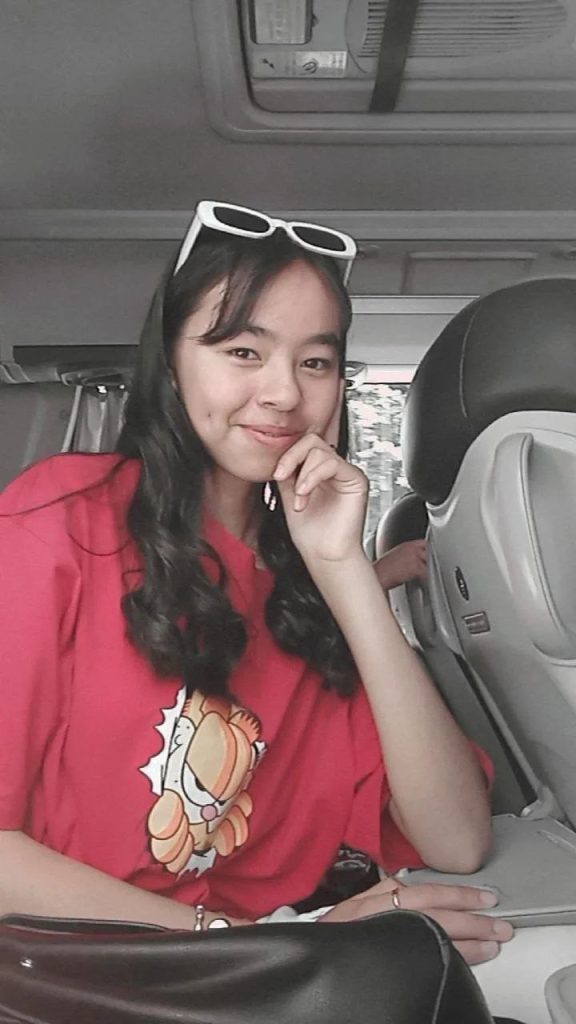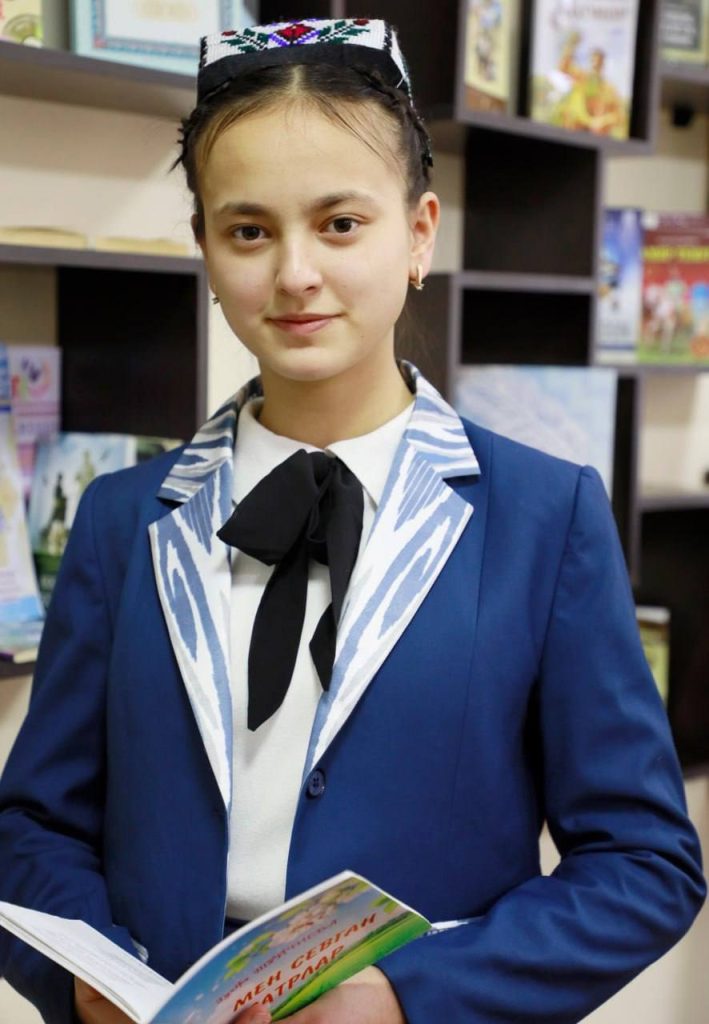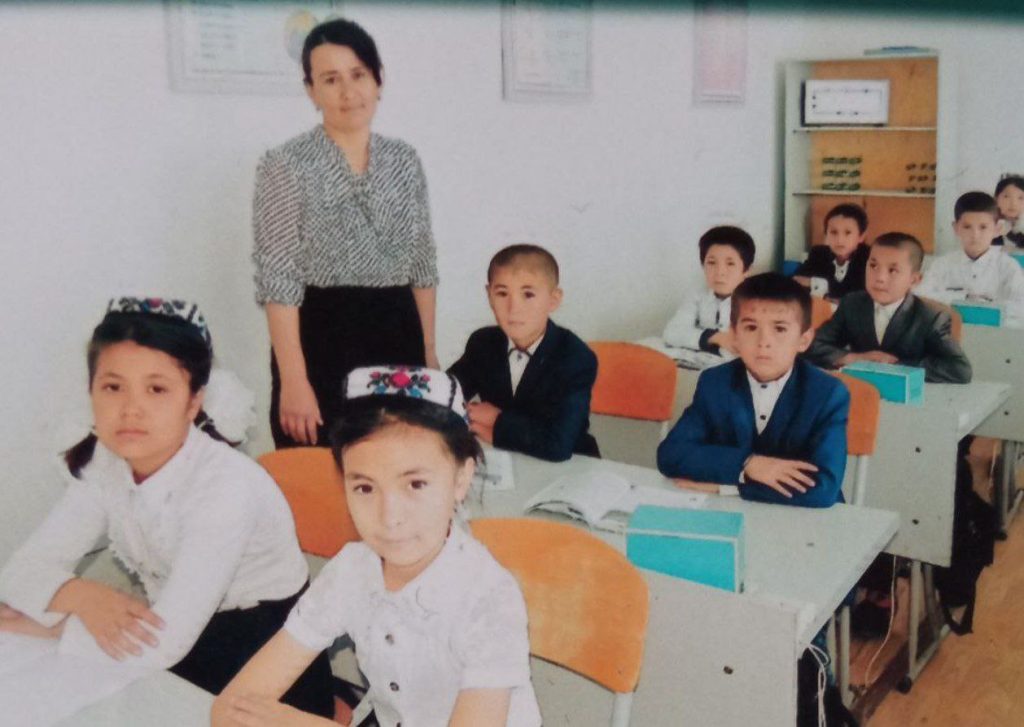Business and its types
Zulayho Sultonaliyeva, daughter of Sultonaliyeva Zulayho Sherzod
Jizzakh branch of the National University of Uzbekistan named after
Student of group 131-23, majoring in economics (by industries and sectors)
Abstract: The official rules of business are the procedure for conducting business established by legal documents and state regulations. Informal rules are rules that have not been established by law, but have been preserved in the form of custom from time immemorial. The rule of words and honesty can be included in these sentences Key words: business, enterprise, businessman, property,
money, economy, agro, finance, commerce, Trade, organization, businessman.
Market economy is based on business. Business is an English word (bussines) that means work, activity, occupation. Business is defined in economics as follows.
“Business is an economic activity aimed at the risk of certain people or people united in an enterprise-organization, and is aimed at profiting from it or withdrawing money from money.”
Business is also called entrepreneurship and entrepreneurship. In a broad sense, business means earning money, making money. But this is not earning money in any way, but earning money by
engaging in work that benefits people, relieves their needs, and relieves their pain. Money can be made through extortion, racketeering or fraud, but this is not a business.
Business is commercial work, that is, work for money, not for free.
But business is different from working for hire. A businessman, that is, a businessman, has his own work, he is independent, has his own capital, he puts it to any work, he is not dependent on a boss. A
hired worker does not have his own work, he works for someone else, he is not the owner of capital, he is dependent on the employer.
Entrepreneurship arises when there is creativity in business. For example, land, money, the owner of a house or car becomes an entrepreneur when he uses it himself to provide services or
create products. The owner of the property is engaged in the rental business, but is not an entrepreneur. There are also rich people who get rich from the interest on their money or lend their money (often currency) to usury. These are also wealthy businessmen, but not entrepreneurs.
Business is, first of all, making money by engaging in legal, authorized work. Depending on your character, business will be open – legal and covert – illegal. A licensed business is legal, it is conducted openly. Open business is an activity that makes people’s lives prosperous. Clandestine business is business that is prohibited by law. An example of this is the drug business and the arms business, which harms the health of people, especially young people, and makes them feel bad.
Types of business differ depending on what kind of goods and services are created as a result of it and in which field it takes place.
Business types are divided into Agro (agricultural) business, Financial business, Medical business and Industrial business, Show business, Travel business, Trade business, Sports business.
The more types of paid – commercial activities there are, the more types of business there are, and the scale of business expands.
Not everyone is engaged in business, but those who have the ability to earn money. Spending money is possible for everyone, but finding money and increasing it requires a unique ability. This is called
entrepreneurial ability. Nowadays, only 5-8% of school graduates go into business. People engaged in business are different, for example, the first type: Individuals, that is, those who do business with
themselves and their families.
The second type: those who do business as part of a community or as a partner. Third types: State business – doing business on behalf of the state. A sole proprietorship is the most common and most inclusive type of business that relies on private ownership. Business in the community has also developed. State business is limited and kept in very important areas.
Business cannot be limited to production enterprises and farms, because wherever there is money to be made, there is business.
Paid universities (for example, Harvard University in the USA), colleges, schools, hospitals, theaters, concert halls, movie studios, sports clubs are also engaged in business. Sports clubs receive money by showing sports games and fights, sell the right to show them to television companies, receive a share of the money wagered on them, receive money for advertising, train and sell athletes (for
example, a rich football club buys a good player for 20, 50 and even 90 million dollars takes.
So, whoever has the opportunity to earn money, will be engaged in this business. But they are busy with business to different degrees.
Summary; Although there are many people engaged in business, not all of them become businessmen (or women).
A businessman is not a person who engages in business occasionally, for fun or to earn additional income, but a person who is permanently engaged in this business, who has turned it into his
profession and devoted his life to it.
References:
Olmasov, Ahmadjon.
Fundamentals of economic knowledge: (Textbook for academic lyceums and vocational colleges) – T.:
Publishing house named after Gafur Ghulam, 2008.-144 b
2. https://uzinterbiz.com
3.https://uz.atomiyme.com




